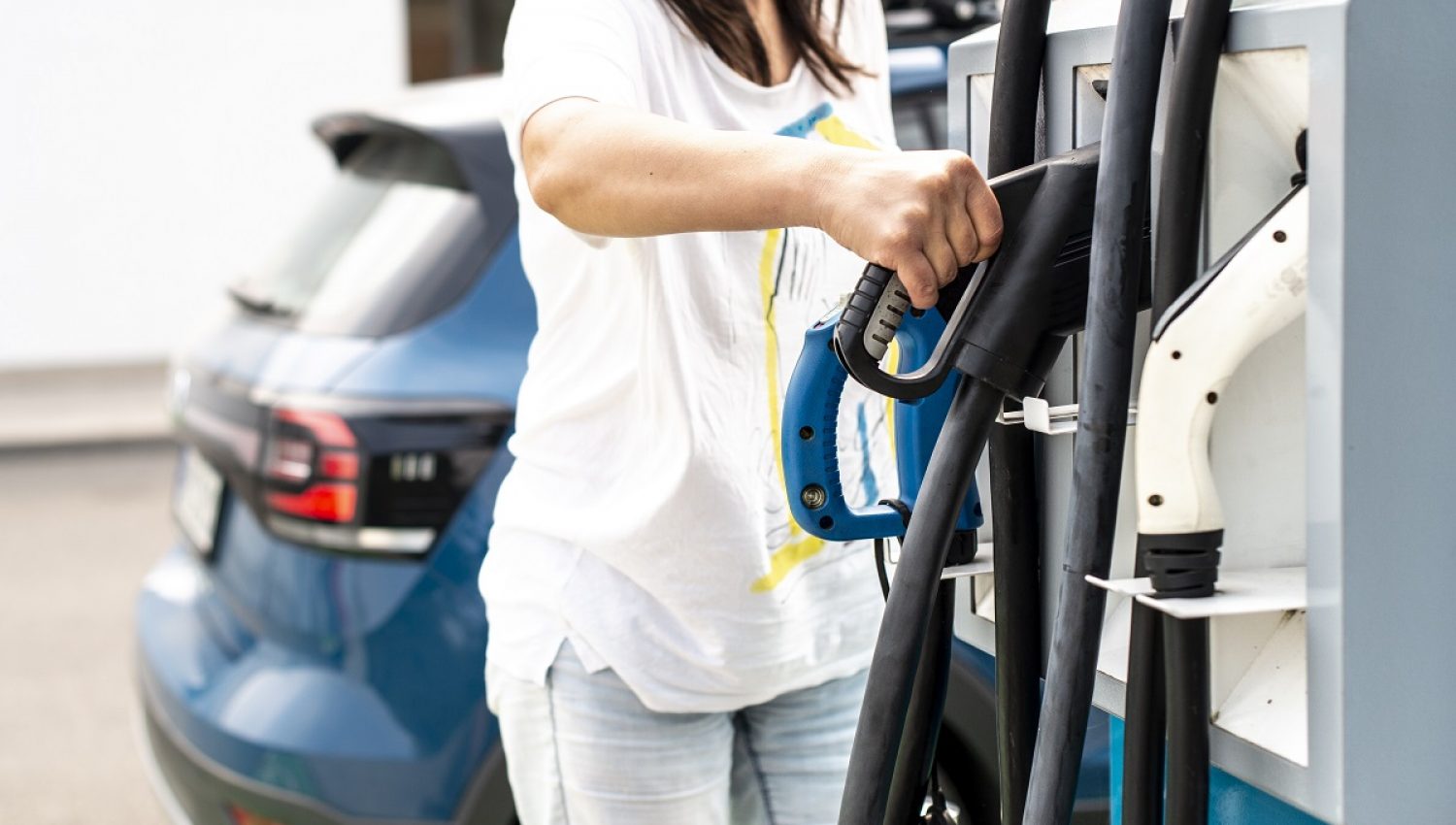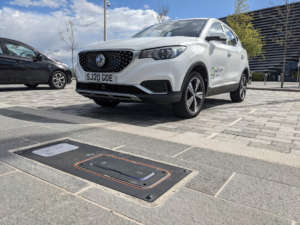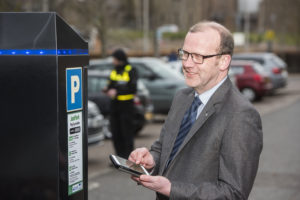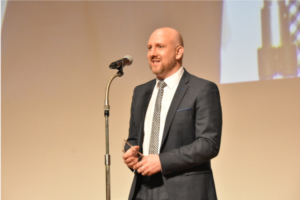

17th February 2021
Two projects awarded to advance electric vehicle infrastructre
Innovations to improve the accessibility of electric vehicle charging and combat the issue of bay hogging or ICEing
Urban Foresight has been awarded funding for two projects to develop innovative solutions to the biggest challenges facing electric vehicle (EV) infrastructure accessibility.
One project will look at developing an innovative solution to combat the issue of bay hogging or ICEing, which will revolutionise the way local authorities and Charge Point Operators approach the challenge of EV charging bays being blocked by non-electric vehicles.
The other project will explore ways to make EV charging more accessible to those with mobility impairments, and work to build the confidence and independence of those who are anxious about their ability to access EV charging in different settings.
Working in close collaboration with a variety of disability organisations, Urban Foresight will map out the key issues for a range of users and design and test solutions, using live in situ trials across Dundee. This will ensure that all solutions are needs driven and deliver impactful and affordable solutions.
The award of these two projects recognises Urban Foresight’s unique and innovative expertise in collaborative working and delivering new technologies and services for cities.
It builds on a track record of developing solutions for challenges to the deployment of new mobility services, such as the Clean Streets EV Charging Pilot, and the European projects G-PaTRA and ICT4CART.
The funding has been provided by the Scottish Government through Scottish Enterprise’s Can Do Innovation Challenge framework. Urban Foresight are the only company to have been awarded funding for two projects.
Urban Foresight’s Head of Electric Mobility, Gary McRae said: “These exciting projects demonstrate Urban Foresight’s position at the forefront of innovation in the development and deployment of EV infrastructure. We are looking forward to using our expertise to widen accessibility of charging and deal with some of the behaviours that curtail the use of available chargers.”
Cabinet Secretary for Transport, Infrastructure and Connectivity Michael Matheson said: “It’s encouraging that industry is responding to the challenge of improving accessibility for EV drivers. I’m pleased that the Scottish Government is funding innovation and making Scotland the place to develop EV engineering solutions with potentially global applications.
“As we transition to a net-zero economy, it’s clear to see there are opportunities for Scottish businesses. What I’m also keen to see realised is a net-zero future where no one is left out or forgotten about as we work to phase out the need for new petrol and diesel cars and vans by 2030.”





